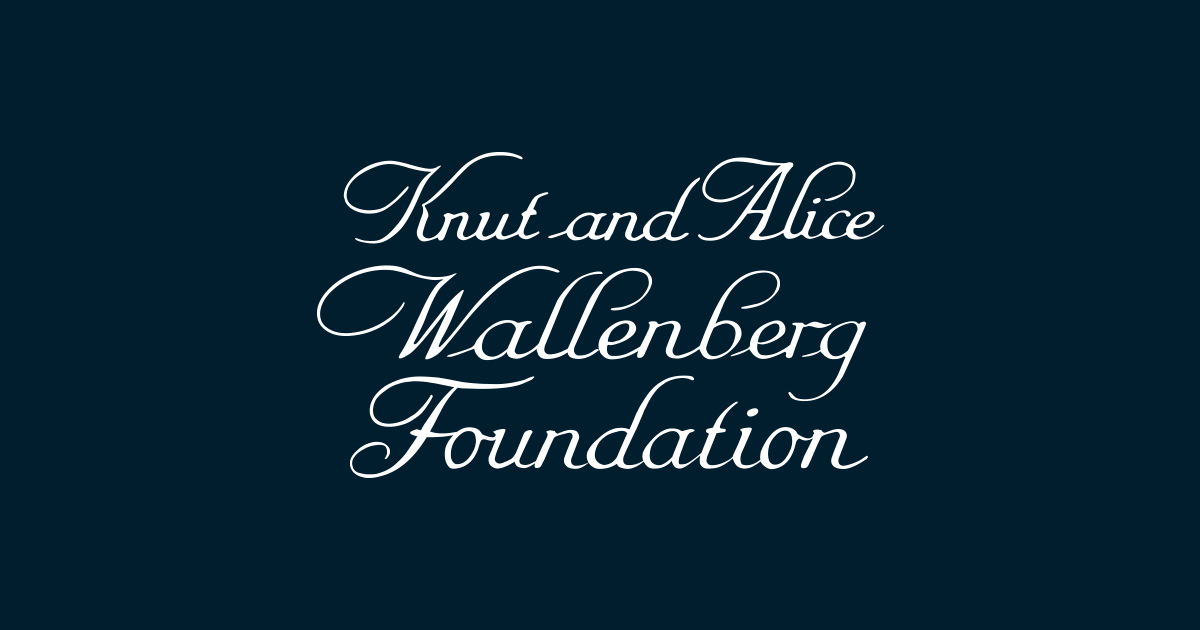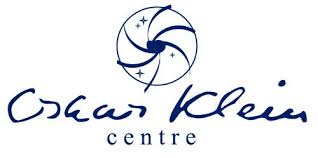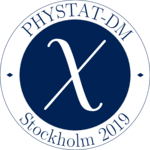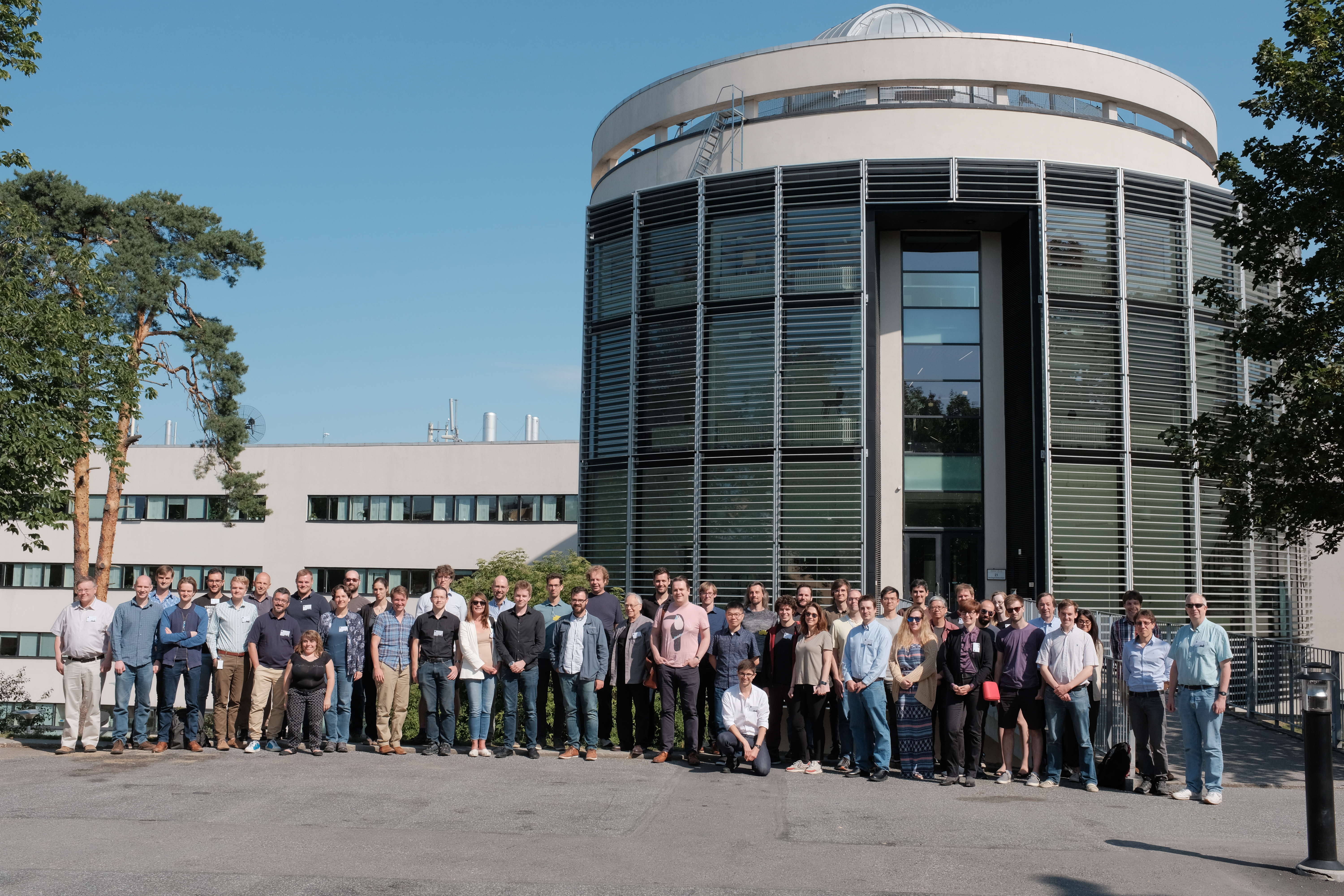You can find announcements and last minute information on our twitter channel: https://twitter.com/phystat
Videos of some of the talks can be found on this website: http://video.fysik.su.se/DarkMatter2019.html

Rationale:
The direct detection of dark matter poses specific challenges to statistical inference mainly related to low-number statistics and difficult to model signal and backgrounds. These challenges have led to the development of methods including Bayesian inference for background modelling, varieties of frequentist treatments of nuisance parameters for confidence intervals and hypothesis testing and different blinding protocols.
In addition, direct detection of dark matter is a field with a large number of experiments. Inter-experiment comparison of results motivates an attempt to agree on a few fiducial choices for statistical conventions. Consequently the proposed workshop will have two aims:
- present and discuss the various statistical methods used in direct detection experiments and
- work towards a white paper recommending a technique (or set of techniques) that can produce statistically sound exclusion limits or detection claims, and will allow straight forward inter-experiment comparison.
The programme of the workshop is currently under development. It will feature invited and contributed talks on a variety of subjects.
Social activities:
The dinner will consist of a 4 hour cruise and three course meal in the beautiful Stockholm Archipelago.
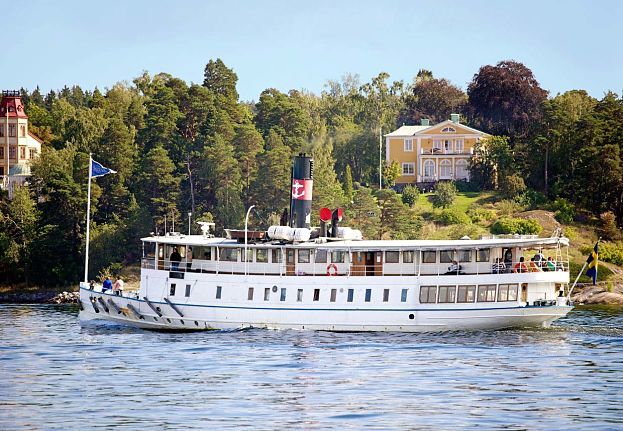
The workshop is supported by the following institutions:
